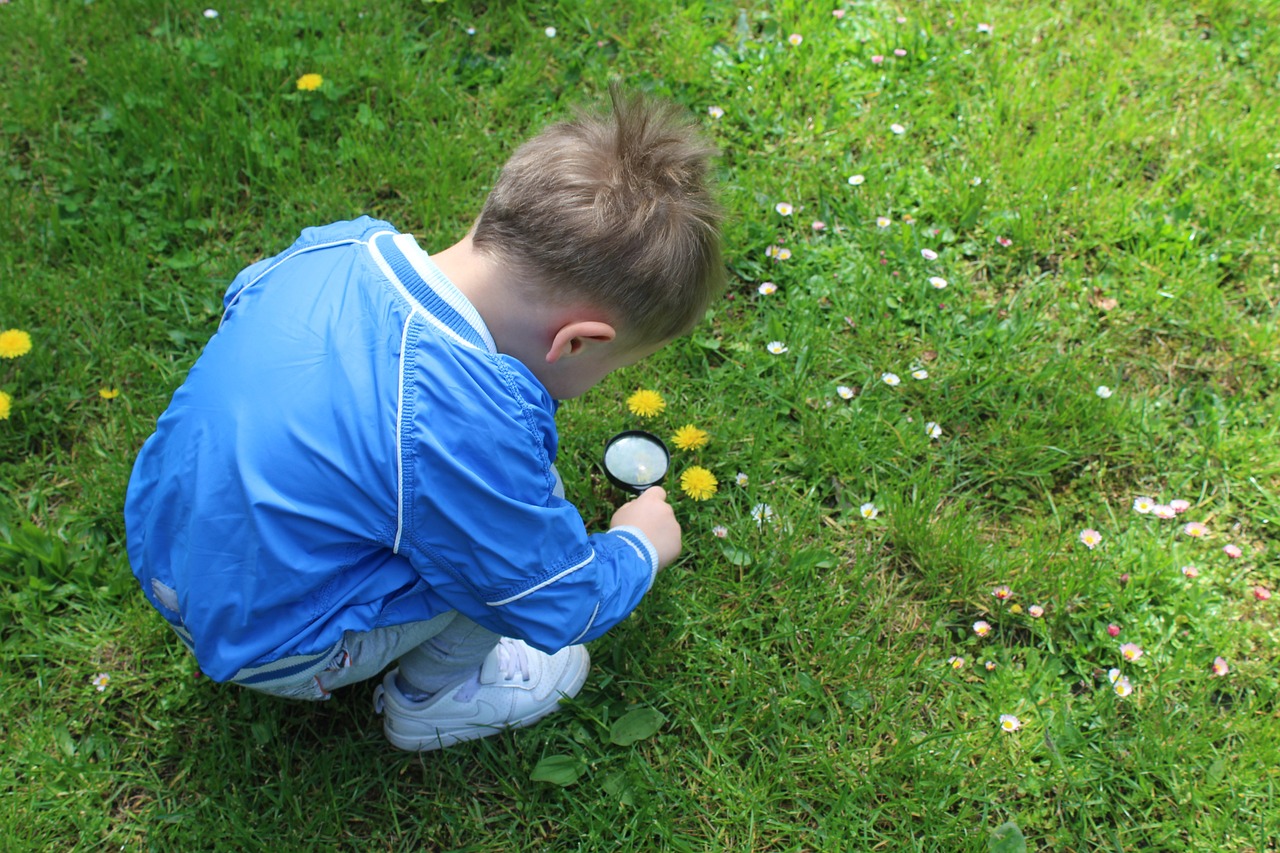The Role of Extracurricular Activities in Holistic Education
Engaging in extracurricular activities offers students a valuable opportunity to explore their interests and talents outside of the traditional classroom setting. These activities provide a platform for students to discover new passions, develop skills, and gain a deeper understanding of themselves. By participating in extracurriculars, students can nurture their creativity, enhance their problem-solving abilities, and build confidence in their abilities.
Furthermore, extracurricular activities play a crucial role in fostering a well-rounded educational experience for students. These activities contribute to the holistic development of students by offering them opportunities for personal growth, social interaction, and leadership development. In addition to academic learning, students can acquire essential life skills such as time management, teamwork, and communication through their participation in extracurriculars.
Benefits of Participating in Extracurricular Activities
Engaging in extracurricular activities provides students with numerous benefits that extend beyond the confines of the classroom. Participation in these activities not only allows students to explore their interests and hobbies but also helps in developing essential life skills. By being actively involved in various clubs, sports teams, or volunteer organizations, students learn the value of teamwork, time management, and responsibility.
Furthermore, extracurricular activities offer students a platform to enhance their leadership abilities and build self-confidence. Taking on leadership roles within a club or organization teaches students how to effectively communicate, delegate tasks, and make decisions. These experiences not only boost their self-esteem but also prepare them for future challenges and opportunities in both their academic and professional endeavors.
How Extracurricular Activities Enhance Social Skills
Participating in extracurricular activities provides students with valuable opportunities to develop and enhance their social skills. Through interactions with peers in a non-academic setting, students learn how to effectively communicate, collaborate, and work as part of a team. These activities help students build confidence in social situations, as they learn to navigate different personalities and perspectives.
Furthermore, extracurricular activities encourage students to step outside their comfort zones and engage with individuals from diverse backgrounds and interests. This exposure fosters empathy, tolerance, and respect for others, as students learn to appreciate and value the unique qualities each person brings to the table. By actively participating in these activities, students develop important social skills that will benefit them both inside and outside the classroom.
Why are extracurricular activities important for students’ development?
Extracurricular activities help students develop their social skills, improve time management, build leadership qualities, and discover their interests and passions outside of the classroom.
What are some benefits of participating in extracurricular activities?
Some benefits include improving academic performance, building self-confidence, learning how to work in teams, and developing a well-rounded skill set that can be valuable in future endeavors.
How do extracurricular activities enhance social skills?
Extracurricular activities provide opportunities for students to interact with their peers, communicate effectively, resolve conflicts, and collaborate on projects. These experiences help students develop important social skills that are essential for success in both personal and professional relationships.
Can extracurricular activities help students become more confident?
Yes, participating in extracurricular activities can help students build self-confidence by giving them the opportunity to explore their interests, showcase their talents, and receive recognition for their achievements.
How can students balance academics and extracurricular activities?
It is important for students to prioritize their commitments, manage their time effectively, and communicate with teachers and coaches about their schedule. By staying organized and setting goals, students can successfully balance academics and extracurricular activities.







